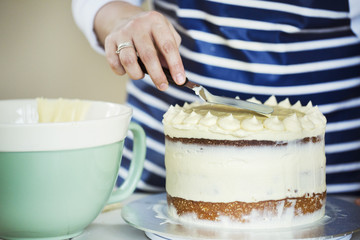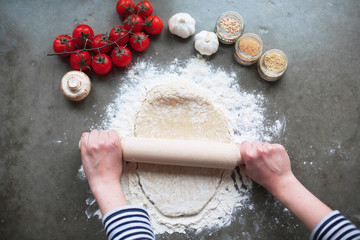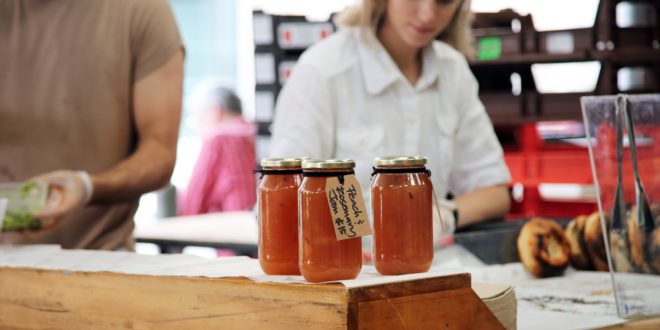 Do you whip up the best birthday cakes in the neighbourhood? Maybe your white chocolate raspberry muffins are the talk of the town, or you love to experiment with jams and marmalades but end up with more than you could possibly tear. Whatever your talent, going pro in your kitchen could be a great way to enjoy a new hobby and make a little extra cash in the process.
Do you whip up the best birthday cakes in the neighbourhood? Maybe your white chocolate raspberry muffins are the talk of the town, or you love to experiment with jams and marmalades but end up with more than you could possibly tear. Whatever your talent, going pro in your kitchen could be a great way to enjoy a new hobby and make a little extra cash in the process.
If you’re flirting with the idea of becoming a hobbyist chef there are a few things you need to know before taking the plunge. Read on for the scoop!
The most important thing you need to know is that all the edibles you manufacture need to comply with the NZ Food Act 2014. Basically, it exists to ensure all food sold on the NZ market is 100% safe for consumption. It’s essential to make sure you follow hygiene regulations and comply with everything outlined in the act.
There’s no getting around the Food Act 2014, which is a must if you’re:
- fundraising more than 20 times a year
- catering events at clubs, or selling food at club bars or restaurants
- bartering or exchanging food commercially
- selling food commercially at fairs, markets, or community events more than once a year.
One of the key requirements of getting registered is a Food Safety Programme (FSP). An FSP is a written plan designed to manage food safety in your kitchen, and shows the authorities that you’re committed to keeping things sparkling.
You can use this handy government tool to find out where you fit in and if you’re eligible for a FSP.
 Chances are you’ll fall under a National Programme. National Programmes (NPs) are a way for lower-risk food business to operate under the Food Act without having to adhere to the strict guidelines enforced on cafes, restaurants and other commercial food businesses.
Chances are you’ll fall under a National Programme. National Programmes (NPs) are a way for lower-risk food business to operate under the Food Act without having to adhere to the strict guidelines enforced on cafes, restaurants and other commercial food businesses.
There are 3 tiers of National Programmes, which are based on the food safety risk of the activities of your business. So, if you’re baking, making jams or whipping up other yummy and relatively simple goodies, you’ll probably fall into the Level 1 (lower risk) category.
As a general guide your home cooking business will need to be:
- Separated from other household food preparation, which usually means having a separate kitchen with commercial grade surfaces and appliances.
- Secured from children and pets
Live in Wellington? The local government office offers a great overview of the process, and some handy links to guidelines and application forms.
So could you turn your hobby into a side business? While there are a lot of rule and regulations to comply with it’s definitely possible!








Join the Discussion
Type out your comment here:
You must be logged in to post a comment.